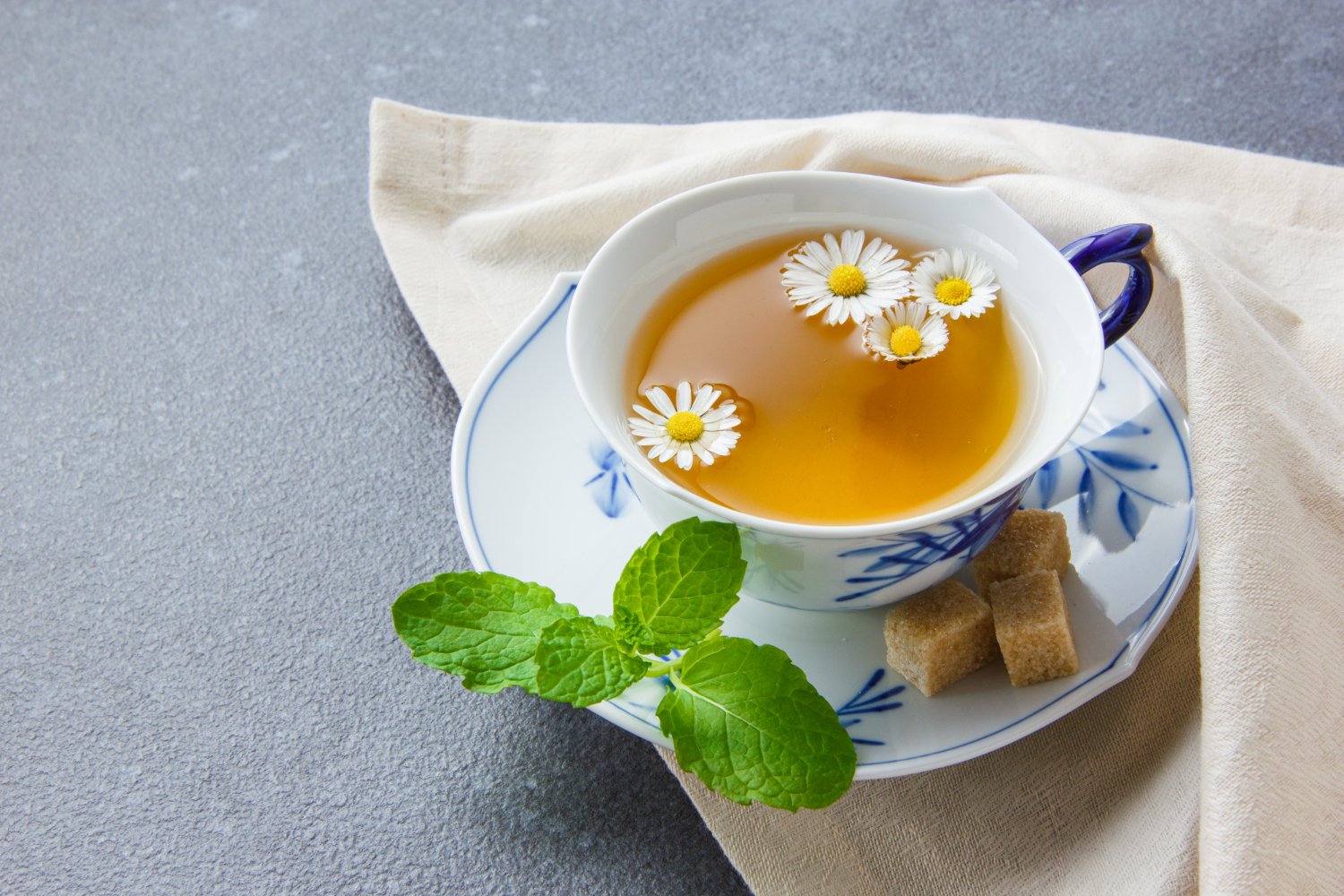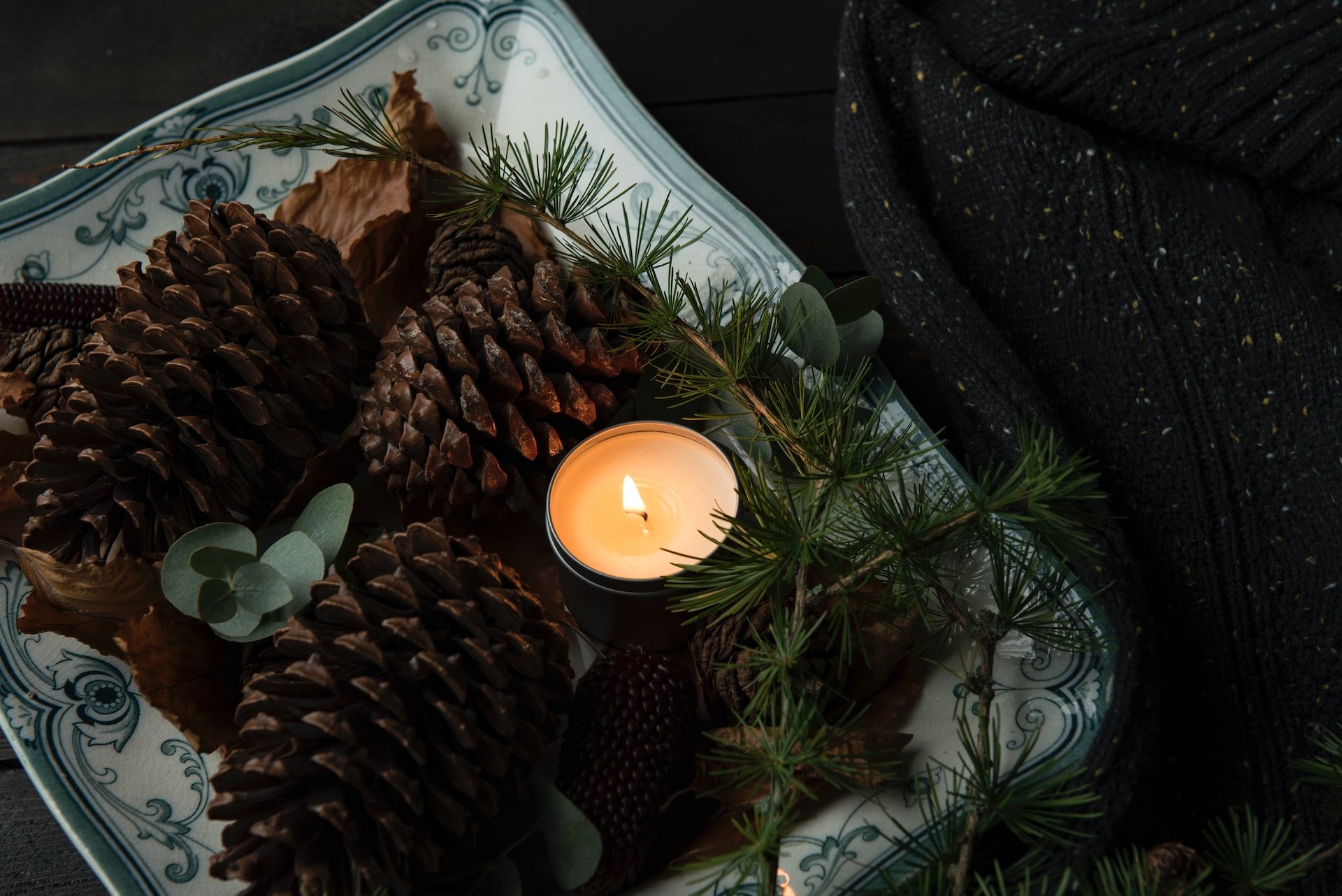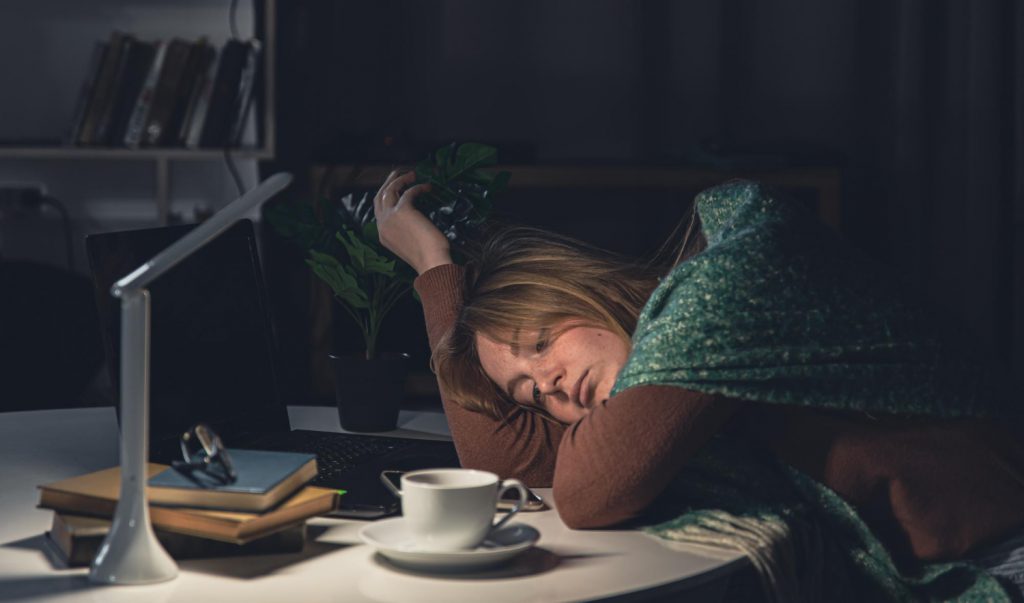
Image by Freepik
Are you looking for the best tea for sleep insomnia? Everyone wants to wake up as a beast. You need to get some rest for that, we’re sorry to break it to you. And regrettably, more than one-third of adults do not get enough sleep.
Not getting the necessary 7 to 8 hours of sleep every night is linked to a higher chance of mortality as well as health issues including diabetes, weight gain, hypertension, depression, heart disease, and stroke. Oh my god.
Although humans have been utilizing herbal teas as natural sleep aids for hundreds of years, we have some excellent news: they may finally help you get a good night’s sleep.
Establish a good sleep schedule before attempting to have one of these calming tea for sleep 20 to 30 minutes before bed to get the deep sleep you’ve been longing for.
How Tea Can Help You Sleep?
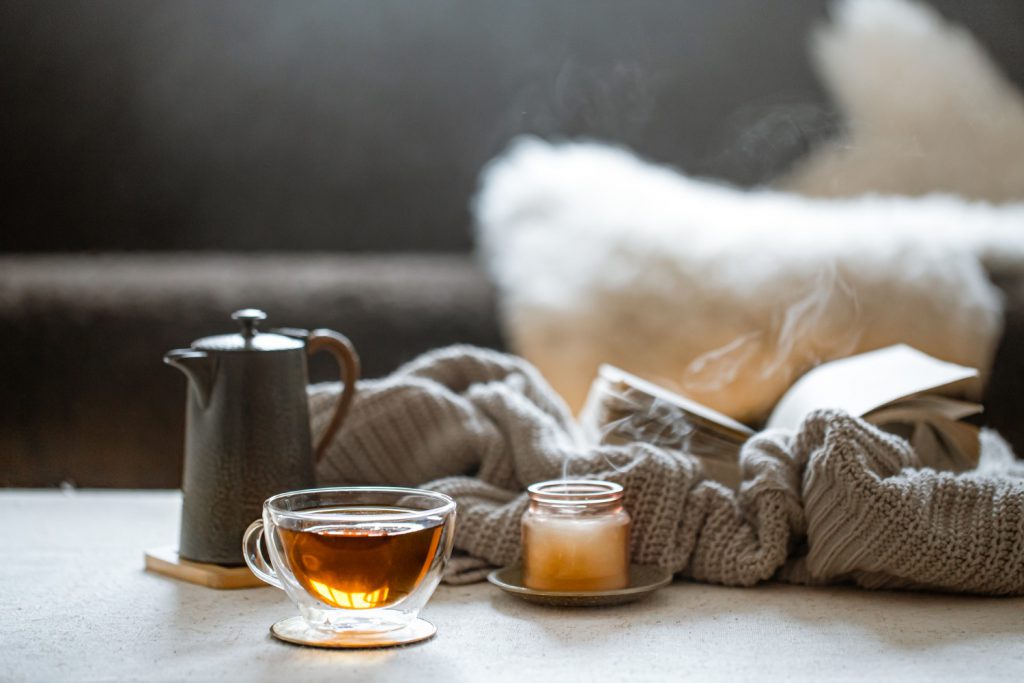
Image by Freepik
Most of us are aware of the benefit of consuming a warm milky beverage before bed, but what about tea? Is it feasible that it will also aid in relaxation?
As we are all aware, regular black tea includes caffeine, a stimulant also present in coffee. Caffeine is not recommended for consumption before bedtime due to its stimulant qualities. This is because it may excite our brains and awaken us, which is the opposite of what we want to accomplish while we’re trying to relax.
However, compared to coffee, these herbal teas have less caffeine, and the majority of them are caffeine-free. Additionally, the relaxing properties of these teas help us relax more quickly and sleep well.
Have a Look at Our Top 7 Picks for the Best Tea for Sleep Insomnia
1. Rooibos Tea
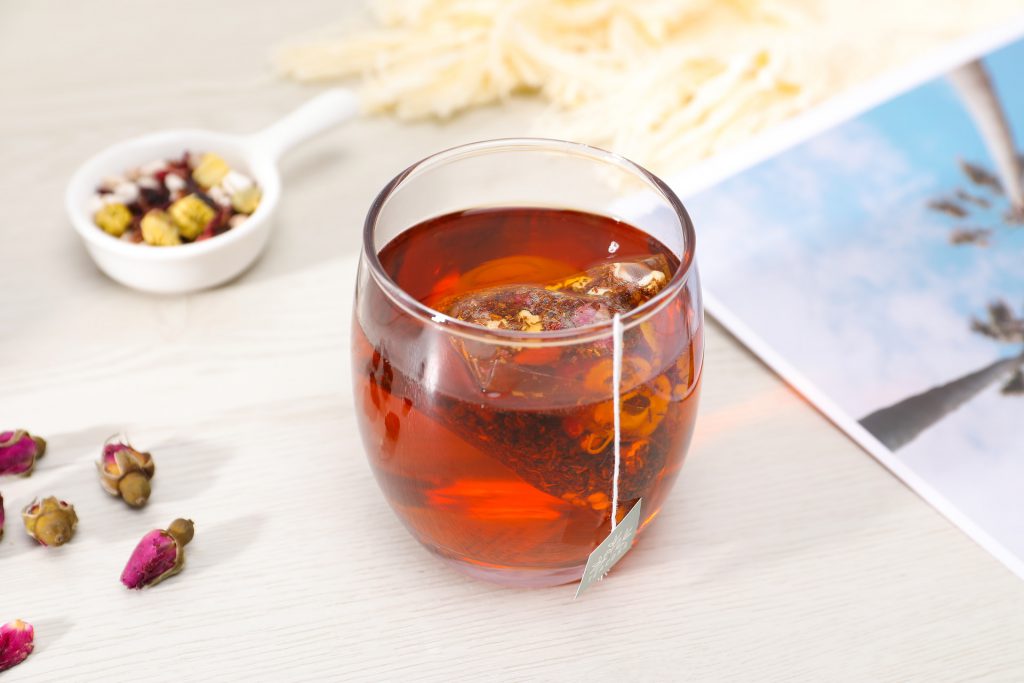
Image by Unsplash
Due to its low tannin content and lack of caffeine, Rooibos is a best tea for sleep insomnia to drink before night. Due to its calming effects, which also help with digestion and sleep, the body is relaxed.
Black tea enthusiasts will especially like this robust beverage. Black tea leaves are processed similarly to how rooibos, and both have strong, nutty, and earthy flavors. This indicates that it has a cup of tea-like flavor and that, unlike many herbal teas, it may even be served with milk. Instead of drinking decaffeinated black tea, choose rooibos, which is naturally devoid of caffeine and won’t have any traces of it.
2. Chamomile Tea
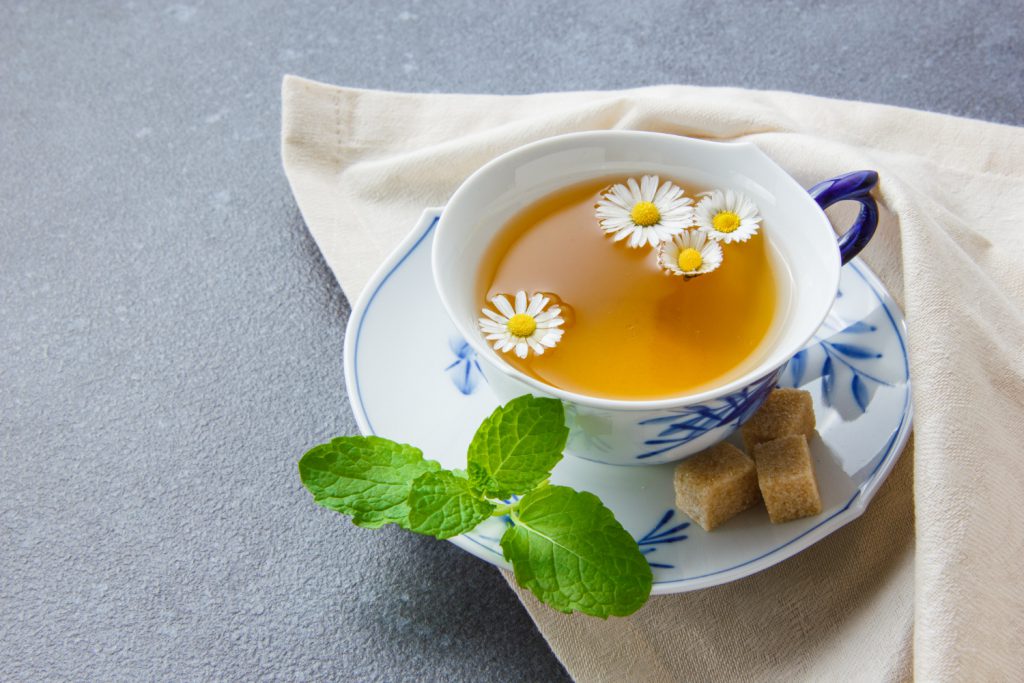
Image by Freepik
Chamomile is one of the traditional tea blends in the world. There is much evidence that ancient Romans and Egyptians used chamomile for a variety of purposes, including relieving nausea and promoting sleep.
It has been proved by research that chamomile tea has amazingly relaxing properties that make it the best tea for sleep insomnia. This is because chamomile plants have compounds that trigger our brains to generate messages that lead us to feel drowsy.
Although there is little study on the subject, chamomile tea has been demonstrated to enhance sleep quality. The apigenin flavonoid in chamomile is responsible for the plant’s relaxing effects. This substance attaches to the benzodiazepine receptors in your brain, which may help reduce anxiety and promote sleep.
You may be familiar with “benzodiazepine receptors” since benzodiazepine drugs, such as Xanax, are often used to alleviate anxiety.
To maximize its calming effect, chamomile tea should be consumed around 45 minutes before bedtime to aid in falling asleep. Pour some honey into your cup to enjoy the delicate flowery flavor.
3. Korean Corn Tea
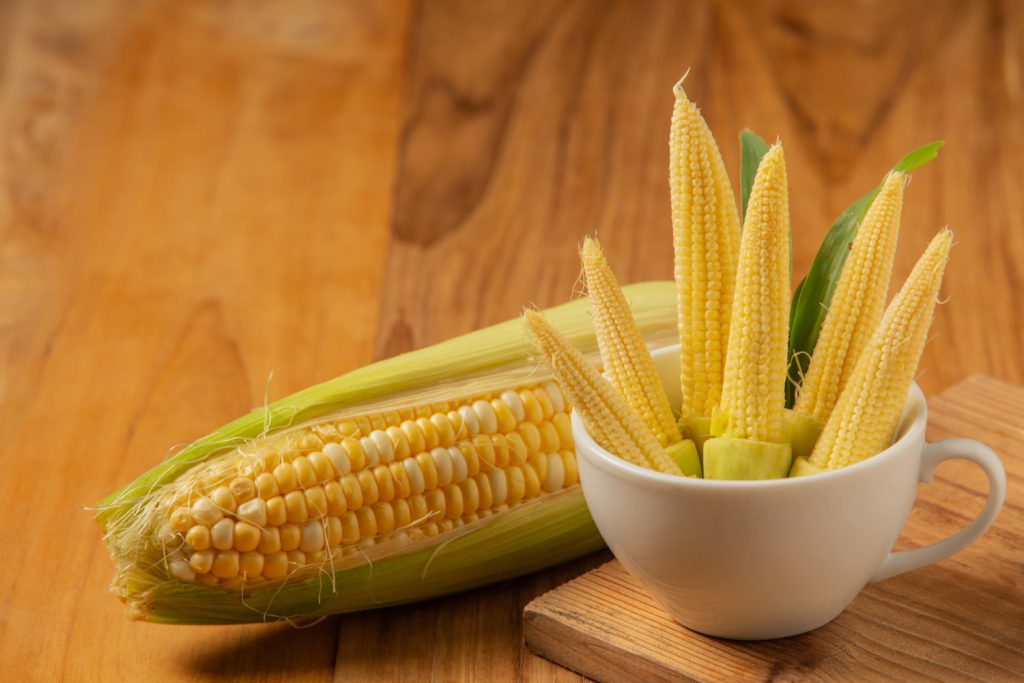
Image by Freepik
In addition to being delicious, Korean teas are prized for their therapeutic qualities and health advantages. While green tea is often regarded as one of the best Korean teas, there are many other varieties as well, including fruit teas, flower teas, root teas, and many more like corn tea. Nowadays, you don’t even need to travel to a tea shop to acquire tea; cafés all across the nation are now expanding their tea menus, and there are a ton of alternatives available for purchase in the markets for use at home.
Corn tea is one of the best tea for sleep insomnia in Korea. The major advantage of drinking tea produced from corn kernels is hydration because of its high water content, but you’ll also obtain trace quantities of nutrients including carbohydrates, vitamin C, and folate. Corn silk is also used to make corn tea. This particular tea could help you urinate more often, normalize blood sugar levels, and fall asleep easily.
4. Black Soybean Tea
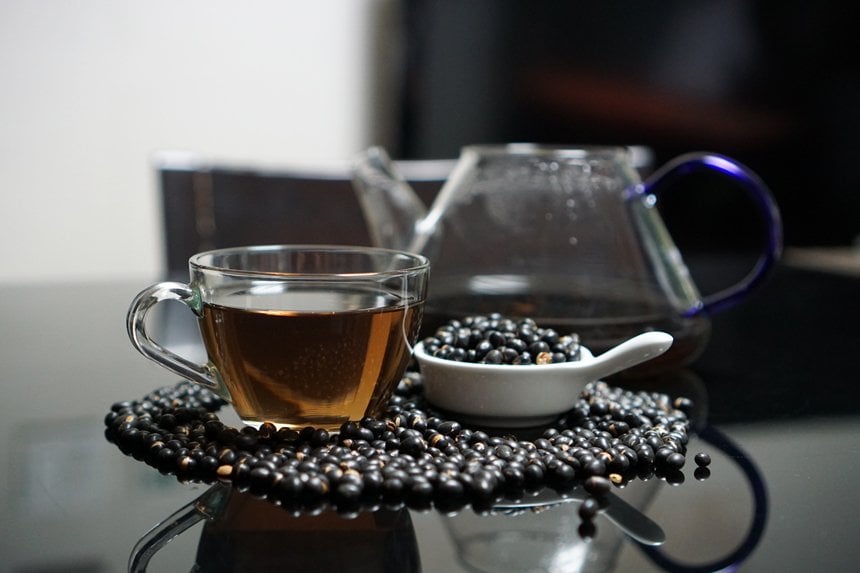
Image by Naver Post
Kuromamecha, or black bean tea, is a sweet, nutty beverage prepared from roasted black soybeans. The beans may either be left whole after roasting or processed into a powder for tea.
As a herbal tea, Kuromamecha doesn’t contain any caffeine, unlike Japanese green teas like Sencha or Matcha. Kuromamecha can be the ideal decaffeinated beverage for you if you like coffee but are sensitive to caffeine. Without the effects of caffeine, it has a pleasantly earthy, nutty taste. It is perfect for individuals who want to have a cup of best tea for sleep insomnia in the evening without worrying about caffeine keeping them up at night or interfering with their sleep.
5. Lavender Tea
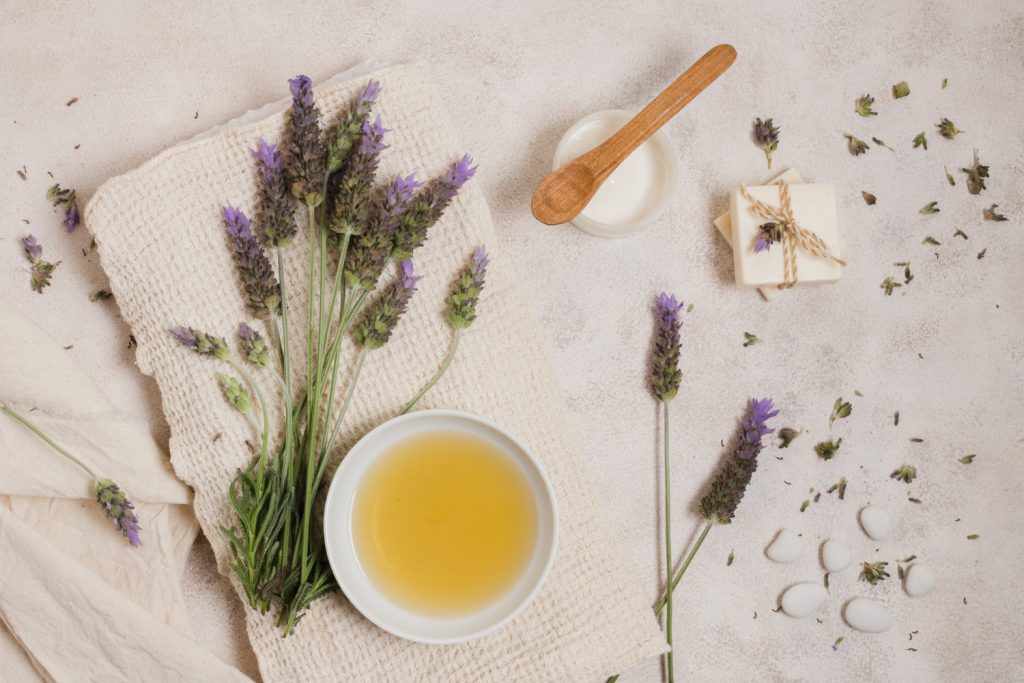
Image by Freepik
One of the most popular plants in the world, lavender is purple and violet in color and has a unique aroma. Lavender flower buds are steeped in boiling water to make lavender tea. Due to its relaxing effects, capacity to block out worry, and ability to alleviate pain, lavender has been utilized in aromatherapy and healing for ages. Compared to other flowers like chamomile, it wasn’t as often used as a beverage, but it was nevertheless a must for any medieval pharmacy.
Curl up with a cup of soothing lavender tea before bed to reduce stress and promote restful sleep. Long used to treat sleep issues, lavender is a fragrant plant that helps to reduce brain activity by inducing a reaction in your neurological system. According to studies, breathing the scent of lavender four days a week for eight weeks improved the quality of sleep experienced by new moms suffering from postpartum. Even though there are many other options, lavender is regarded as one of the best tea for sleep insomnia.
6. Korean Jujube Tea
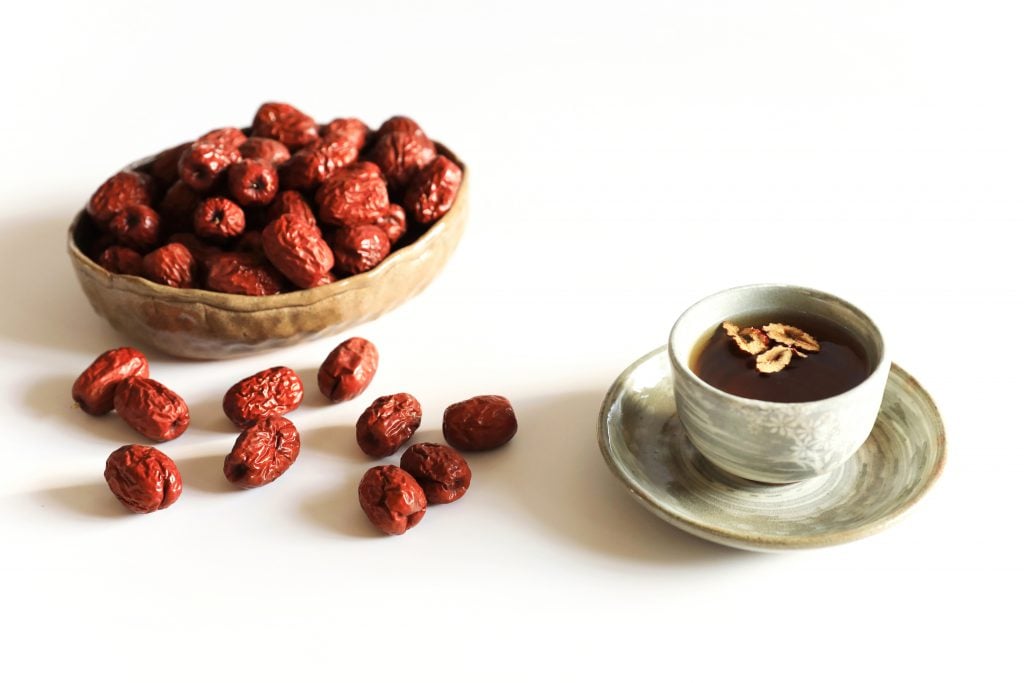
Image by GettyImagesBank
Korean dates, commonly known as jujube, are a necessary component on a chilly day. You’ll think of chai and apple cider together when you taste it.
Jujubes offer several health advantages, and Koreans have traditionally utilized them as medicines or best tea for sleep insomnia etc. They are rich in vitamin C and calcium, as well as cancer-preventing antioxidants. They promote blood flow, build bones and teeth, and combat depression! The main reason to prepare this tea is that it is tasty and that while it is boiling, it fills your home with a pleasant fragrance.
Drink it warm to settle in and feel comfy or cold for a zesty flavor. Both are delicious. And if that still isn’t enough to persuade you, think about the health advantages of jujube, including good circulation, antioxidants, and peaceful sleep due to the fruit’s high iron content.
7. Lemon Balm Tea
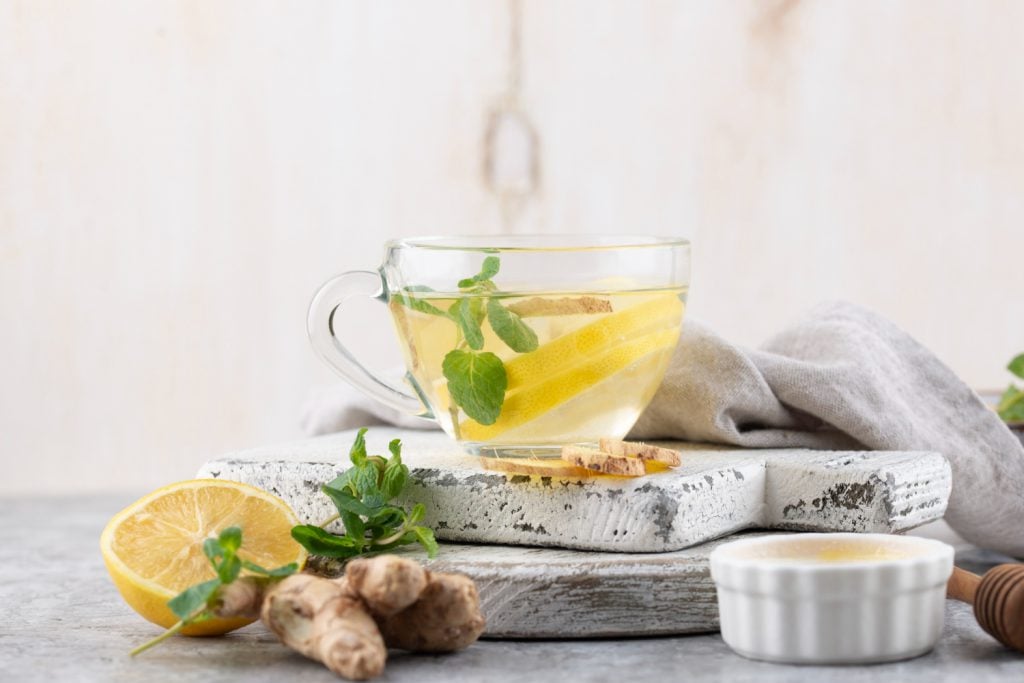
Image by Freepik
Lemon balm is maybe less well-known; it’s a common culinary herb that can be found in kitchen gardens all over the world, but most people are utterly ignorant of its medicinal powers. It is a member of the mint family and has a lemon fragrance. It has extraordinary features that may help you fall asleep, such as feeling tranquil, relaxing, and ‘helping you drift off to sleep’.
Analysis has shown that the primary ingredient that lowers neuronal activity and primes the body for sound sleep is rosmarinic acid, which is highly concentrated in fresh lemon balm and lemon balm extract.
7 Best Types of Tea To Drink in The Morning
Wrapping Up
While there are numerous varieties of tea available that might aid in sleep promotion, there is not one best tea for sleep insomnia as what works best for one person may not at all work for another. Given this, having so many alternatives is really an advantage since if one kind of tea doesn’t suit you, another probably will.
If you’ve started drinking tea every night, do this to see if you’re genuinely benefiting from it rather than just getting a placebo effect:
- To set a foundation for sleeping well, skip your favorite tea for one night.
- Drink your nighttime tea, as usual, the next night and observe how you feel.
- Continue to skip your tea like you did the first night the next night. This will allow you to compare how you feel with and without the tea in your system and look for any noticeable variations.
To genuinely benefit from your nightly cup of tea, you need to practice excellent sleep hygiene and stick to a regular sleep schedule. Drinking tea by itself won’t ensure a good night’s sleep. But if you want to give your sleep a boost, the appropriate cup of best tea for sleep insomnia can be the answer. Tea may be a terrific nightcap in addition to a morning or afternoon pick-me-up.
Also, try Alarmy If you want to get a good night’s sleep and be sure to wake up the next morning. It is a smart alarm clock to help you wake up on time and have a proper daily routine.
